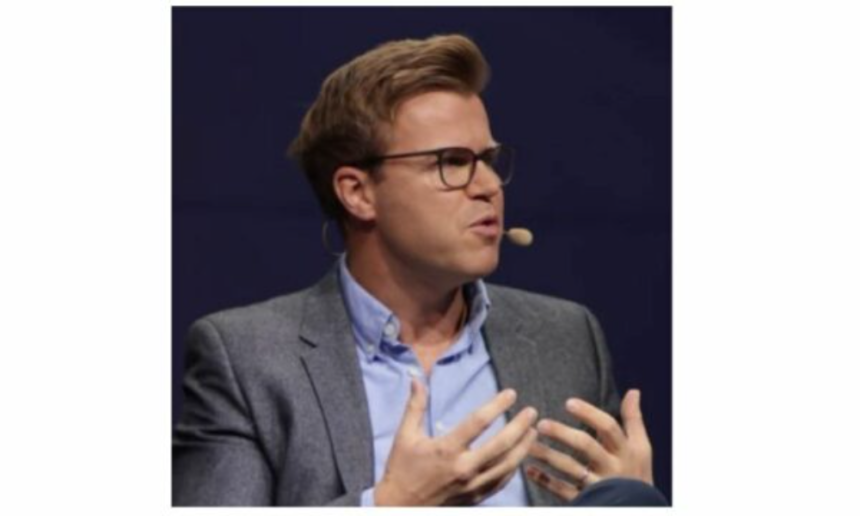Independent journalist Maxim Tucker, based in Kyiv, recently published an article in The Times of London, analyzing Serbia’s stance towards the BRICS and the EU, and how President Aleksandar Vučić navigates between Eastern and Western alliances. In his work, Tucker underscores the dual messages that Vučić is sending both to the West and to Russia, and highlights Serbia’s complex political game.
Vulin’s Interviews in Russian Media
Tucker points out how Serbia’s Defense Minister, Aleksandar Vulin, has been giving interviews to Russian media outlets, seemingly unaware that his comments are being closely monitored by the West. Tucker explains, “Vulin is sending a clear message to Russia, and the authorities in Belgrade don’t expect these interviews to be translated for a Western audience.”
In contrast to Vulin’s bold remarks for Russian outlets, Vučić adopts a different tone when speaking with Western leaders. According to Tucker, Vučić speaks to European officials in a manner that aligns with Serbia’s aspirations for EU integration, while maintaining Serbia’s closeness to Russia.
A Balancing Act That Could Break
Tucker further elaborates on how Vučić’s approach presents two contradictory messages: one for Russia and one for the European Union. “The prime minister says something completely different to the EU leaders, and will go to Berlin to speak with Olaf Scholz. These are two entirely opposing messages that don’t align, but it’s all part of the game,” said Tucker.
While the EU is still trying to maintain its relationship with Serbia, Tucker believes that this will eventually become unsustainable. “The EU is trying to keep Vučić on its side, while Vučić is trying to keep everyone on his side. But at some point, the balancing act will no longer work,” he said.
The EU’s Patience with Serbia May Run Out
Tucker predicts that there will be a moment when the EU’s patience with Serbia could run out. “I would expect the EU to eventually say: ‘If you continue to deviate in this direction, we will have to have a serious discussion about Serbia’s future in the EU,’” Tucker concluded.
This dynamic highlights the broader geopolitical tensions Serbia faces as it tries to maintain good relations with both Russia and the EU, and the challenges that come with such a balancing act.







